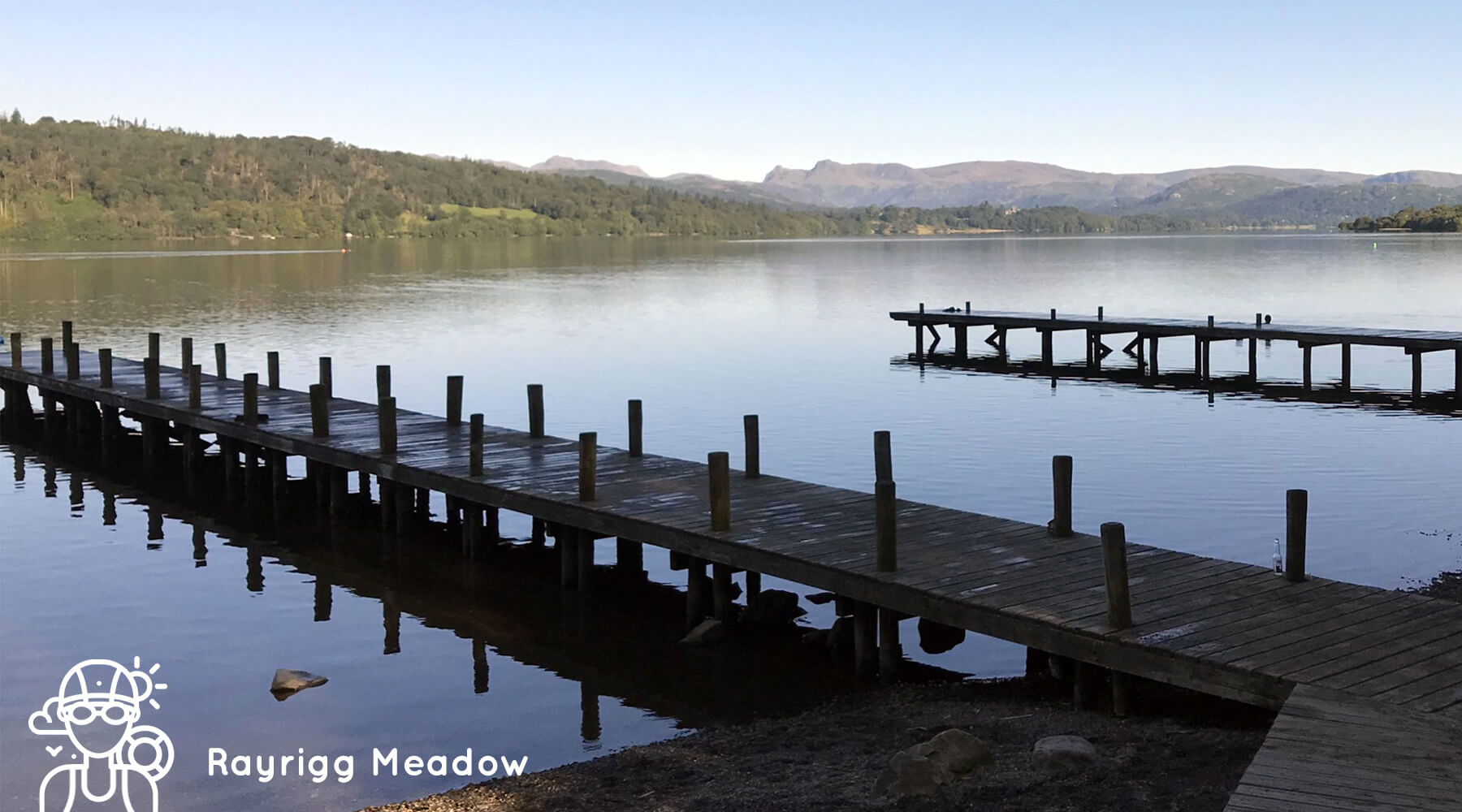
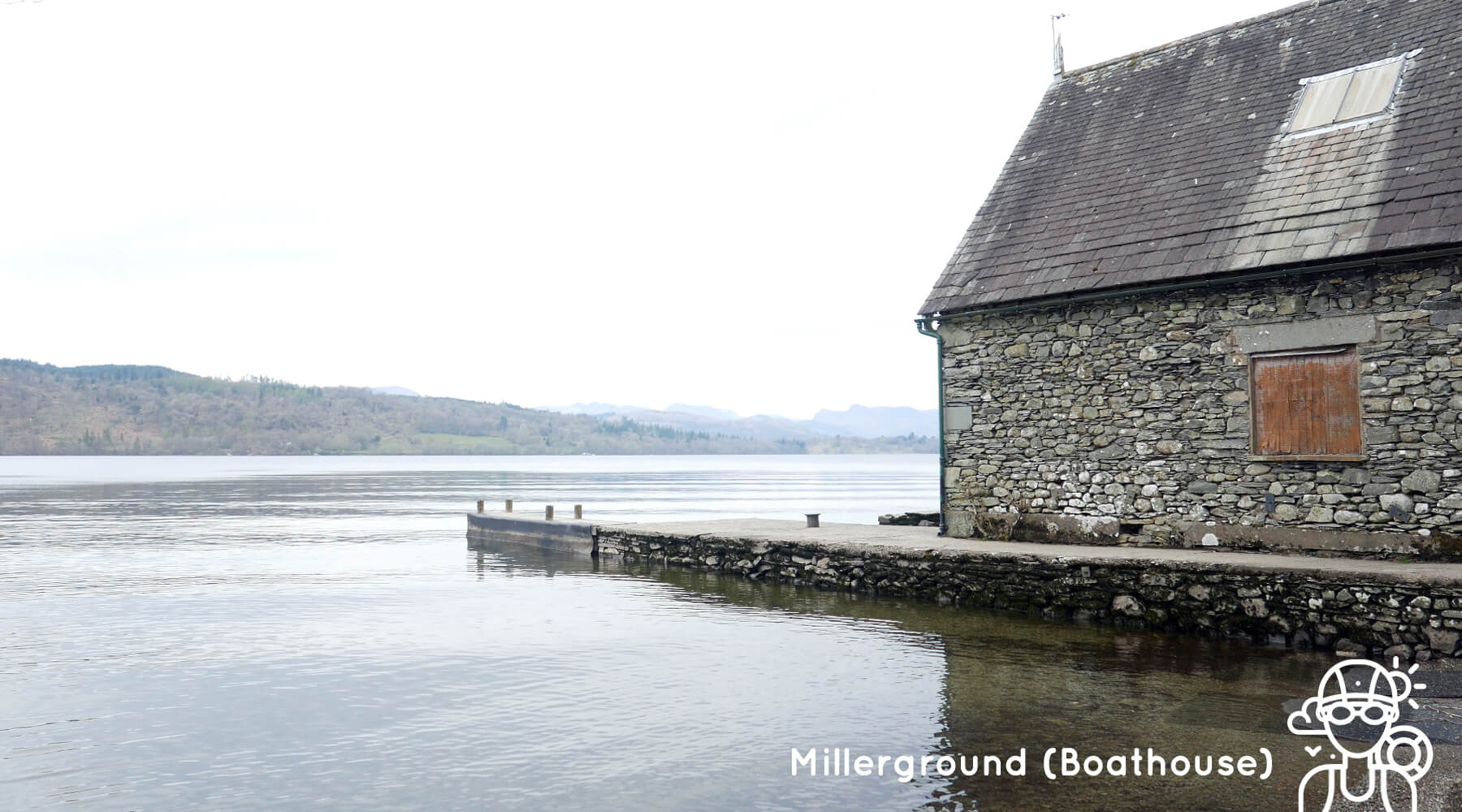
This research explores the different health motivations, responses, and complications of open-water swimming (OWS) at Windermere across a full 12-month season, questioning the bodily, socio-cultural, political, and environmental factors that shape these relational experiences of ‘healthy’ OWS practice.
The fieldwork was situated at two popular designated bathing sites (Rayrigg Meadow and Millerground) across the season, between September 2022 – September 2023.
The findings will be used for the researcher’s PhD Thesis, alongside future academic publications and teaching material within health geographies, psychogeographies, and other transdisciplinary OWS research. The research also aims to encourage broader public engagement with existing (and potential) communities invested in Windermere.
Why Windermere?
Windermere is a significant body of water that experiences year-long recreational, therapeutic, and competitive OWS practice. However, this freshwater site is also embedded within a highly contested ecology of leisure, tourism, residence, cultural heritage, and conservation, whilst engrained in broader, often inequitable, motivations towards health and wellbeing.
Plus, Windermere is under growing local and global environmental pressures, including increasing water temperatures, extreme weather conditions, algal blooms, treated and untreated wastewater, agricultural and urban runoff, invasive non-native species (often transferred from unwashed equipment), and even plastic pollution. Therefore, these concerns generate further questions regarding the different bodily, socio-cultural, political, and environmental factors shaping these understandings of ‘healthy’ OWS practice.
Researcher
Taylor Butler-Eldridge
Taylor is a neurodivergent ESRC-funded PhD researcher at the University of Exeter (Human Geography). Combining his interests in outdoor swimming, psychogeography, and environmental health, alongside his background in digital design, outdoor learning, and human geography, he brings a wealth of creative research skills to this project. Taylor has multiple publications, presented at academic conferences, guest lectures, and public talks, and received multiple awards in recognition of his research. His PhD is supervised by Dr Jennifer Lea , Prof John Wylie, and Prof Jo Little and supported by the University of Exeter’s Geography Department and the Cultural and Historical Geographies Research Group (CHGRG).
Taylor’s research is also indebted to the many encounters shared with fellow swimmers, dippers, and dunkers invested in this growing practice.
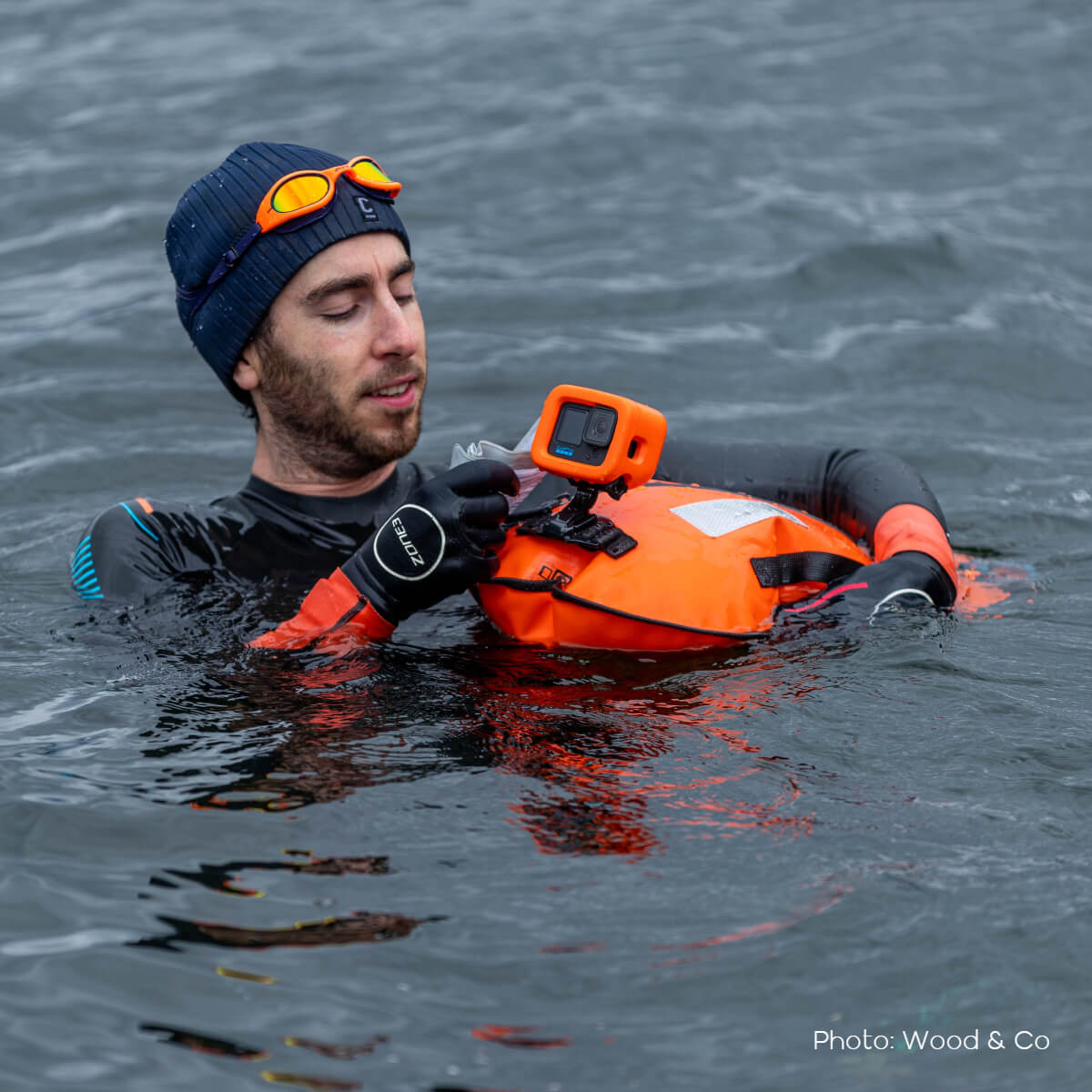
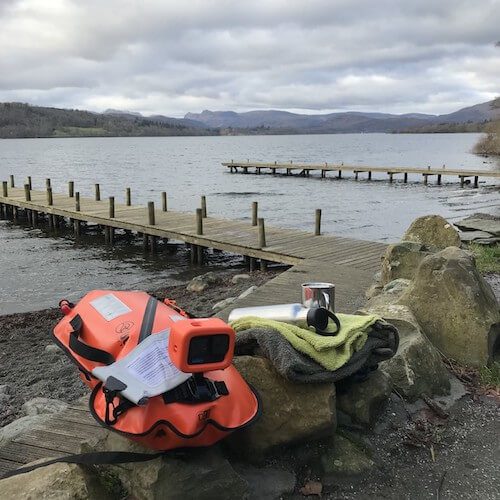
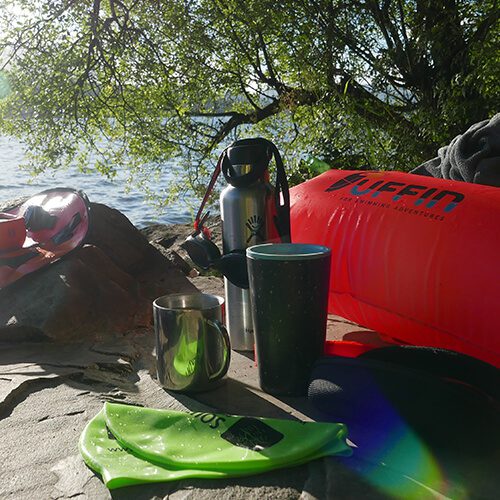
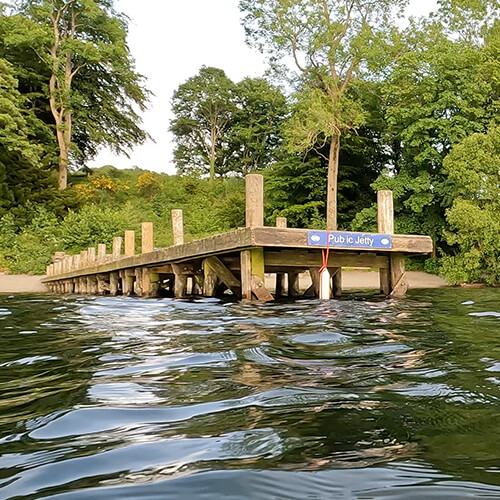
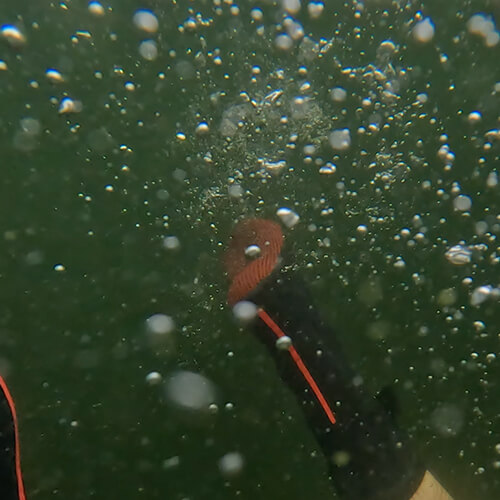
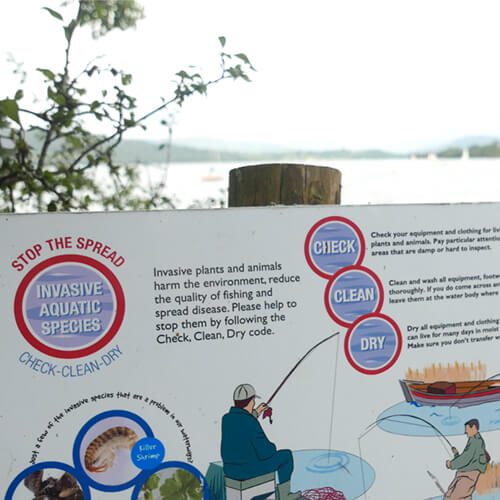
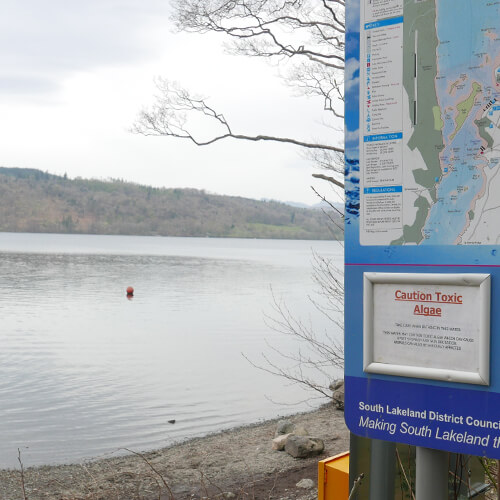
Research Fieldwork
The research fieldwork included: (1) observing general swimming/lake activity and water/weather conditions, alongside recording the researchers personal swim responses; and (2) recording separate one-to-one ‘swim-along interviews’ with open-water swimmers. Both recordings included written diaries, photographs, audio, and video.
The fieldwork concluded in September 2023. For more information about the methods, please click the button below, or get in touch.
Research Principles
-
Demonstrating care-full open-water swimming practice, encouraging socially, politically, and environmentally responsible behaviour.
-
Encouraging critical discussion/reflection without overwhelming or intruding on the participants experiences and motivations for swimming.
-
Assuring care, anonymity, transparency, and flexibility throughout the research, safeguarding both the participants and the researcher.
-
Applying professional conduct throughout the inquiry, respecting the representation of the University, funders, department, and the research team.
-
Seeking, communicating, and advocating for more-than-academic knowledge(s) of OWS and environmental health at Windermere.
Supported By



This research has also been reviewed and approved by The Geography Research Ethics Committee at the University of Exeter.
Swimming with Care at Windermere
Research Zine collaboration between Taylor Butler-Eldridge and Bethan Thorsby
